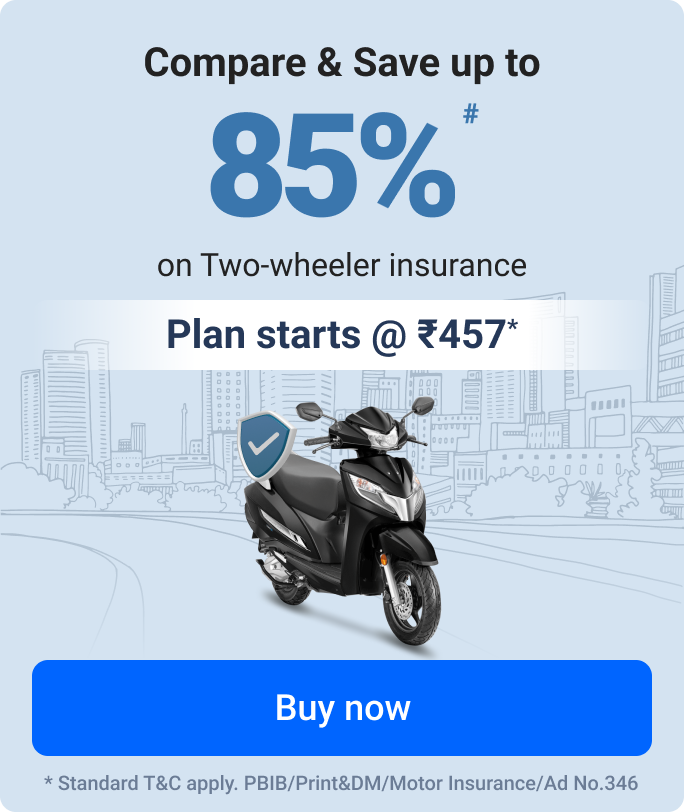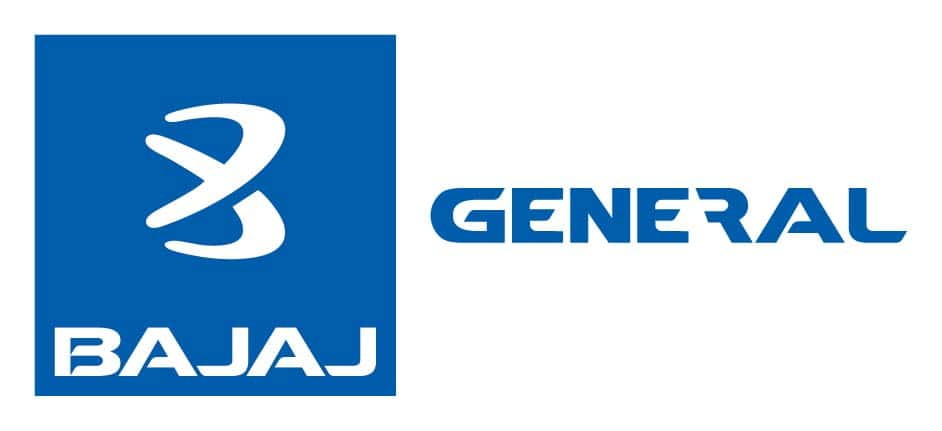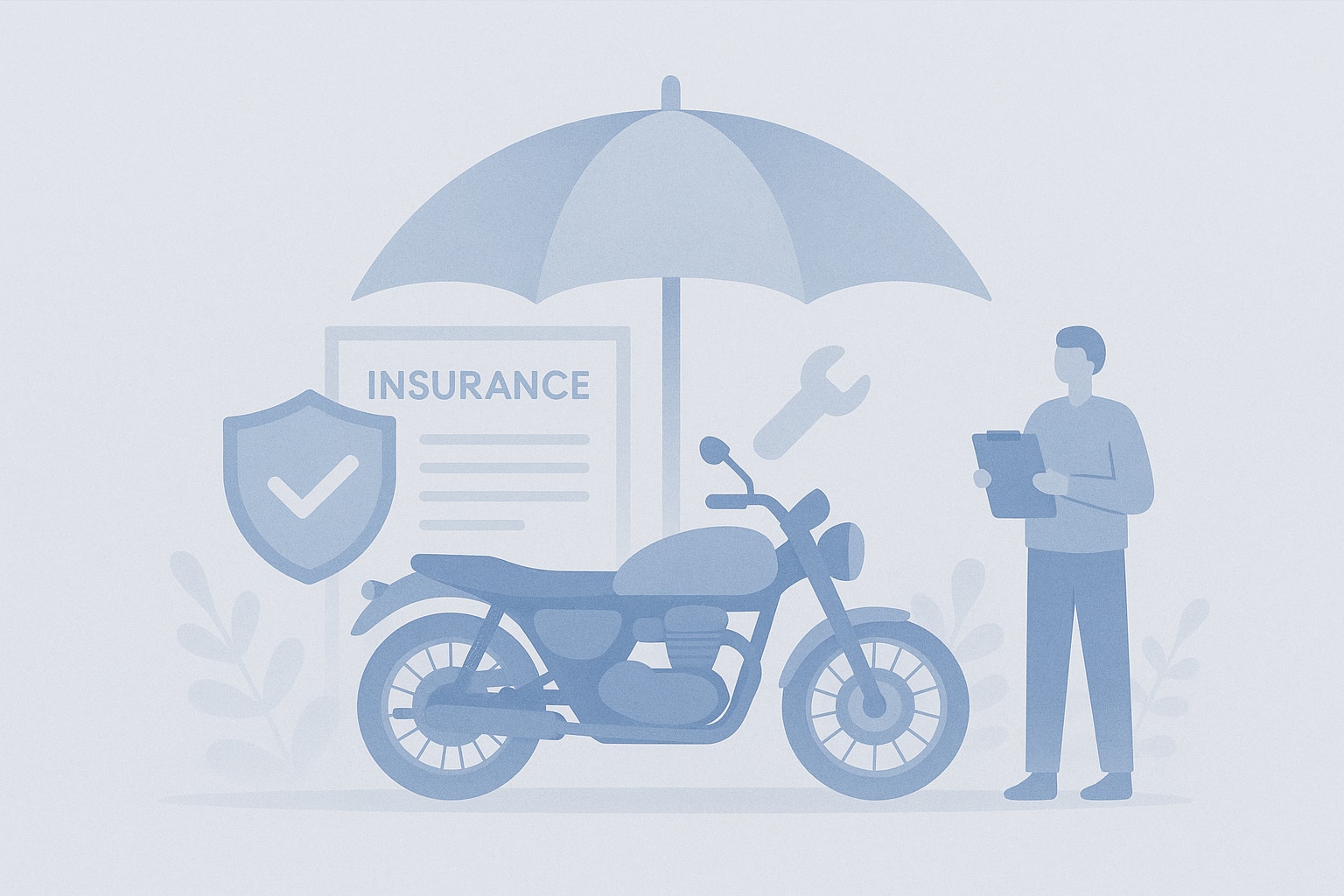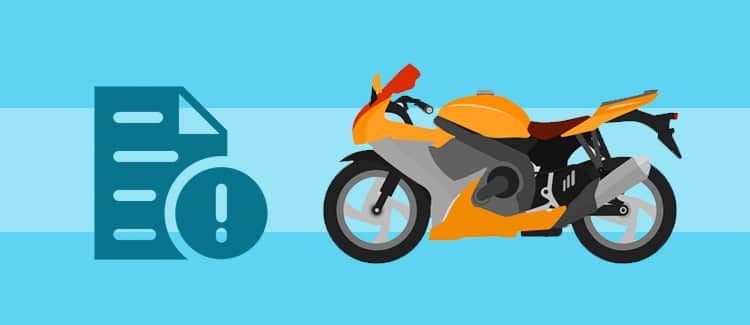Difference Between First-Time Purchase and Bike Insurance Renewal
Buying bike insurance is a legal requirement in India; however, the process of obtaining a policy for the first time differs from renewing an existing one. Whether you're a new bike owner or someone whose renewal date is approaching, understanding these differences helps you avoid penalties, save on premiums, and maximise your coverage benefits. This article explains the key differences between purchasing first-time bike insurance, on-time two-wheeler insurance renewal, and lapsed renewal, along with how each affects the premium, No Claim Bonus (NCB), inspection, documentation, and policy structure.
What Is a First-Time Bike Insurance Purchase?
A first-time purchase refers to buying a two wheeler insurance policy for a brand-new bike. When you buy a new two-wheeler, the motorbike dealer or bike insurance company issues a fresh bike insurance policy before the vehicle is delivered. As per IRDAI regulations, this first-time policy has some mandatory components, namely 5 years of third-party bike insurance coverage and 1 year of own-damage bike insurance coverage, collectively referred to as a comprehensive bike insurance policy.
What Is Bike Insurance Renewal?
Bike insurance renewal is the process of extending your policy coverage after the current one expires. There are two types of bike insurance renewal, explained below:
- On-time policy renewal: Renewing two wheeler insurance before the mentioned expiry date in the policy documents or within the grace period.
- Lapsed policy renewal: Renewing two wheeler insurance policy after the grace period when the policy has already expired.
Pro Tip: Renewing bike insurance on time helps retain benefits like No Claim Bonus (NCB) and ensures you stay legally protected on the road.
Key Differences Between First-Time Purchase and Renewal of Bike Insurance
-
Policy Structure and Mandatory Cover
First-Time Purchase or Brand New Bike Insurance
When purchasing insurance for a new bike, the IRDAI mandates a 5-year third-party bike insurance policy and a 1-year own-damage (OD) bike insurance coverage. This is non-negotiable and must be purchased at the time of getting a new bike.
On-Time Bike Insurance Renewal
Renewal policies typically follow an annual structure for own-damage and comprehensive bike insurance plans. You can also opt for multi-year OD plans depending on the insurer.
Lapsed Bike Insurance Policy Renewal
If your policy lapses beyond the grace period (typically 90 days), you may need to purchase a new policy, and the insurer may restructure the term to comply with current IRDAI norms.
-
No Claim Bonus (NCB)
First-Time Purchase
NCB is not applicable for new bikes. Since the policy is new, the NCB starts at 0%.
On-Time Renewal
You can enjoy NCB benefits ranging from 20% to 50% if you haven't made any claims during the previous policy year(s). This significantly reduces your premium.
Lapsed Renewal
If you miss renewing the policy within the 90-day grace period, your accumulated NCB is permanently lost. This increases your premium at the time of renewal.
-
Vehicle Inspection Requirements
First-Time Purchase
Usually, no vehicle inspection is required because the bike is brand new and already certified roadworthy by the manufacturer.
On-Time Renewal
On-time renewals do not require inspection. Insurers approve renewal instantly.
Lapsed Renewal
If the policy has expired beyond the grace period, insurers may ask for a physical vehicle inspection before offering a new policy. This is done to assess to the current condition of the bike, including the presence of damage, existing modifications, and safety worthiness. Any damage found during inspection may not be covered under the new policy.
-
Premium Calculation
First-Time Purchase
The premium for new bikes includes a fixed 5-year third-party premium, determined by IRDAI. Only the own-damage portion varies based on the chosen coverage and add-ons.
On-Time Renewal
In such cases, the bike insurance premiums may increase or decrease depending on various factors, such as IRDAI annual revisions, NCB discounts, previous claim history, the bike's age, and the purchase of add-ons.
Lapsed Renewal
The bike insurance premiums tend to be higher due to various reasons, such as loss of NCB, mandatory bike inspection, re-evaluation of bike condition, insurer risk assessment, etc.
-
Paperwork and Documentation
First-Time Purchase
A first-time purchase involves more documentation, such as a bike invoice, registration details, engine & chassis numbers, ID and address proof, and the previous owner's details (in case of resale), among others.
On-Time Renewal
Renewing bike insurance online is extremely simple. Most bike insurance providers require information such as the existing policy number, registration number, or basic personal details to renew the policy. The whole process is instant and paperless.
Lapsed Renewal
Lapsed renewals require additional steps, such as a vehicle inspection report, photographs of the bike, a copy of the previous policy (if available), and resubmission of basic documents, among others. Submitting all the documents resembles the process of buying a new two-wheeler insurance policy.
-
Claim Eligibility and Legal Implications
First-Time Purchase
The coverage begins as soon as the insurer issues the policy. Since TP insurance is mandatory, riding without it means you have to pay a challan of ₹2000/-.
On-Time Renewal
If you renew before the expiry, coverage continues uninterrupted, ensuring you remain protected and compliant with the law.
Lapsed Renewal
A lapsed bike insurance policy means a total loss of protection. Riding a bike without insurance leads to heavy fines, legal action, and no financial protection in the event of a road accident. A lapsed bike insurance renewal also means insurers may not cover damages that occurred during the no-policy period.
-
Add-On Cover Options
First-Time Purchase
Many new owners skip add-ons to keep the initial on-road price low. But it is always a wise idea to buy it according to your riding preferences, needs, and budget.
On-Time Renewal
During renewal, owners can re-evaluate and add or remove add-ons based on usage, bike condition, and budget.
Lapsed Renewal
All add-ons become optional again, but some (like zero-dep) may not be available for older bikes.
First-Time Purchase vs Renewal vs Lapsed Renewal
| Feature | First-Time Purchase | On-Time Renewal | Lapsed Renewal |
| Mandatory Policy Term | 5-year TP cover + 1-year OD cover | 1-year or multi-year | Fresh policy term |
| Availability of NCB | Not applicable | 20–50% discount | NCB lost |
| Vehicle Inspection | Not required | Not required | Often required |
| Premium | Fixed TP + OD | Influenced by NCB | Higher due to lapse |
| Process | More paperwork | Fast & online | Additional steps |
| Legal Compliance | Mandatory before delivery | Continuous protection | Riding uninsured is illegal |
Why It is Important to Renew Bike Insurance on Time?
Renewing your bike insurance before the due date ensures that you receive the following benefits:
- Continuous financial protection
- No bike insurance challan or legal consequences
- NCB retention (significant premium savings)
- Zero interruption in coverage
- No inspection headaches
FAQs - Difference Between First-Time Purchase and Bike Insurance Renewal
-
Q: Is it compulsory to renew first-party insurance?
Ans: No, first-party (own-damage bike insurance insurance) is not compulsory. Only third-party insurance is mandatory. However, renewing first-party cover is recommended for financial protection against theft, accidents, and damages. -
Q: What is the difference between first-party and third-party bike insurance?
Ans: First-party (Own Damage): It covers damage to your bike, such as accidents, theft, fire, natural disasters, etc.Third-party: It covers damage to others in a road accident, such as the other party's vehicle, property, or injuries caused by your bike. It does not cover your motorcycle.
-
Q: Is it necessary to renew bike insurance every year?
Ans: Yes, you must renew at least the third-party insurance every year (or as per your policy term). -
Q: Which insurance is better, third party or first party?
Ans: An ideal policy would cover both third-party and first-party claims. Hence, you must go for a comprehensive plan for ultimate protection. -
Q: Is it mandatory to buy third-party insurance for a bike?
Ans: Yes. As per the Motor Vehicles Act, third-party insurance is compulsory for all bikes in India. -
Q: How much does 3rd party bike insurance cost?
Ans: IRDAI fixes a 3rd party bike insurance premium and depends on the engine capacity. At current rates, it typically ranges from ₹500 to ₹2,000 per year. -
Q: Do I need both comprehensive and third-party insurance?
Ans: A comprehensive two wheeler insurance policy already includes third-party insurance + own-damage cover. So you don't buy both separately. -
Q: Is it better to buy insurance from an agent or online?
Ans: Usually, buying bike insurance is better because you get the chance to compare plans, instant policy issuance, zero paperwork, and the best deal in your budget.
^The buying/renewal of insurance policy is subject to our operations not being impacted by a system failure or force majeure event or for reasons beyond our control. Actual time for a transaction may vary subject to additional data requirements and operational processes.
*TP price for less than 75 CC two-wheelers. All savings are provided by insurers as per IRDAI-approved insurance plan. Standard T&C apply.
*Rs 538/- per annum is the price for third party motor insurance for two wheelers of not more than 75cc (non-commercial and non-electric)
#Savings are based on the comparison between the highest and the lowest premium for own damage cover (excluding add-on covers) provided by different insurance companies for the same vehicle with the same IDV and same NCB.
*₹ 1.5 is the Comprehensive premium for a 2015 TVS XL Super 70cc, MH02(Mumbai) RTO with an IDV of ₹5,895 and NCB at 50%.
*₹457/- per annum (₹1.3/day) is the price for third-party motor insurance for private electric two-wheelers of not more than 3KW (non-commercial). Premium is payable annually. The list of insurers mentioned is arranged according to alphabetical order of the names of insurers respectively. Policybazaar does not endorse, rate or recommend any particular insurer or insurance product offered by any insurer. The list of plans listed here comprise of insurance products offered by all the insurance partners of Policybazaar. For the complete list of insurers in India, refer to the Insurance Regulatory and Development Authority of India website: www.irdai.gov.in

























